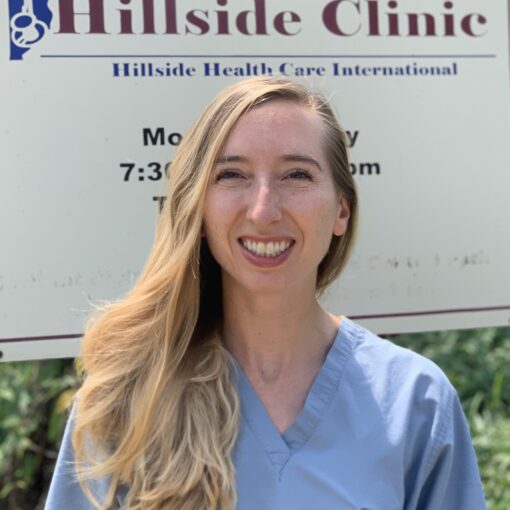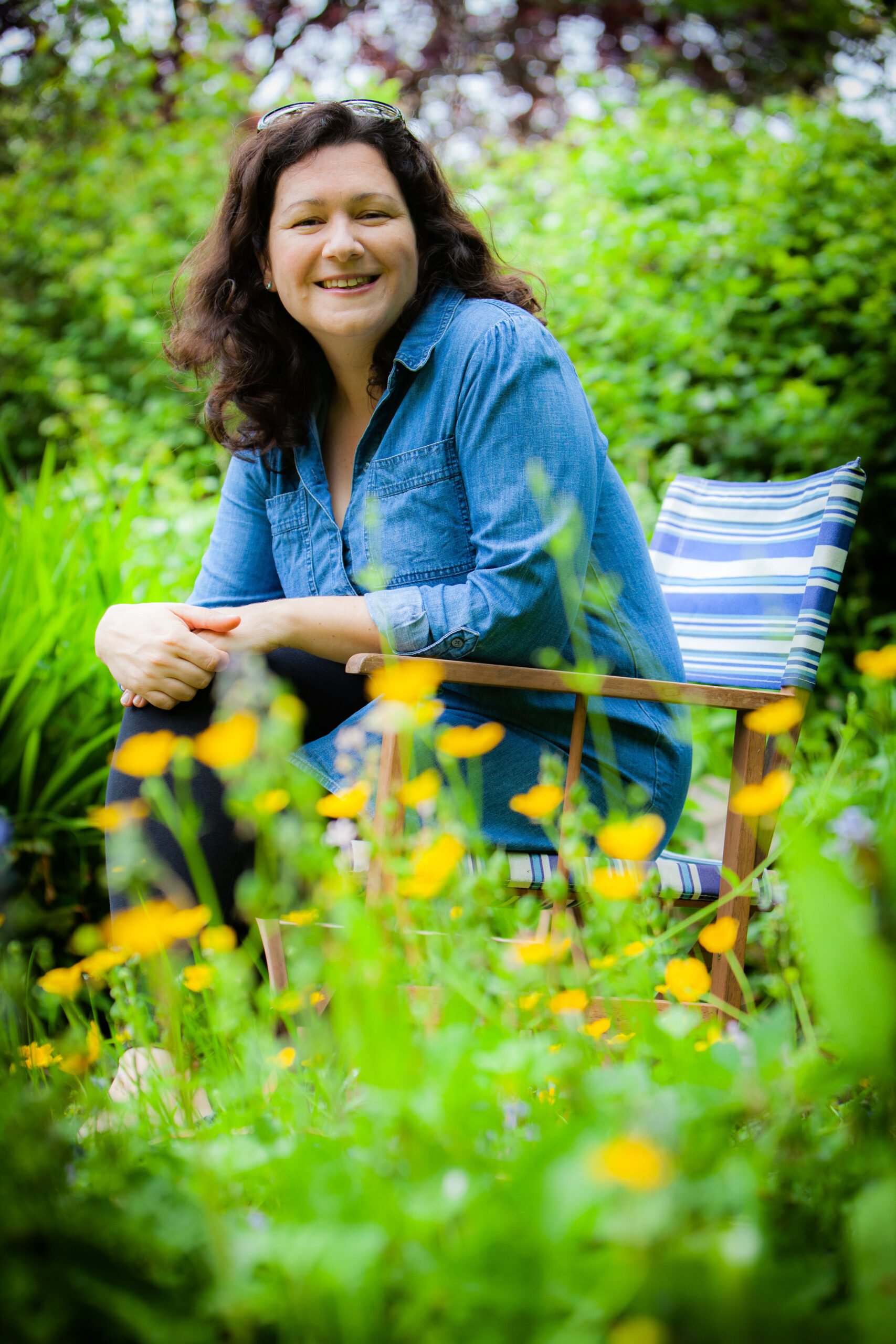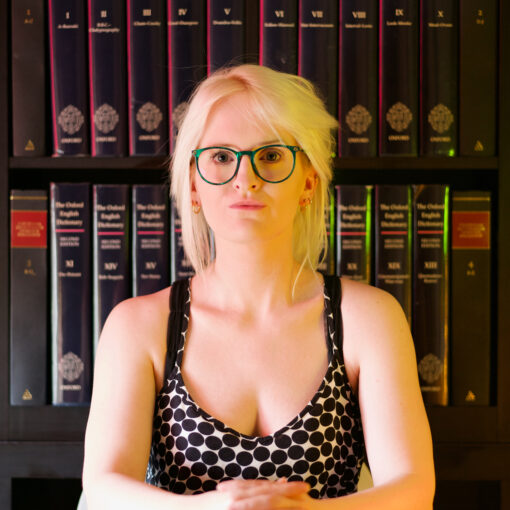PhD in English, Univeristy of Birmingham
| Access and Success Projects Manager | |
|---|---|
| The Brilliant Club | |
Year entered into a non-academic position: 2017
Job highlight: Working with The Black Curriculum to decolonise our courses.
Left academia after: After 1 years of postdoctoral work
What’s your background?
I studied Medieval English Language and Literature at the University of Oxford for my undergraduate, and then went on to do an MA in Medieval Literature at York and a PhD in English at the University of Birmingham. I taught English from my second year in Birmingham, and from my third year and the year after I completed I worked as a Visiting Lecturer in the department.
Why did you move away from academia?
There was no realistic prospect of career stability for me in the near future, and I chose to prioritise having a family. I also felt that while I loved teaching and enjoyed my research, I wanted to do something that had a more immediate benefit to others.
Is there anything you miss about academia?
I miss conferences – the sharing of ideas, the travel.
How did you get this job? Did you face any challenges when considering a move away from academia or applying for the role?
I first worked as a tutor for The Brilliant Club during my PhD, and one of the people who worked there let me know that they were leaving and I could apply for their role, which I did. Since then, I have secured two internal promotions that I applied for. Most of the challenges I faced came from family members who felt I was ‘giving up’ too quickly on an academic career, but as a precarious early career researcher I had no time to myself, was constantly applying for jobs, was working several precarious jobs to make ends meet and was unhappy.
Did you think you had the skills required for your current position before you started? Were you right?
I did and I was! I had a good idea of the skills involved from having worked with the charity before, so that helped, and once I started though I was nervous about my ability to adapt to a ‘normal’ job, I felt there were plenty of opportunities for me to use skills I’d developed during the PhD.
How did your PhD prepare you for your current job? For example, what were the transferable skills that you developed during your PhD that are most relevant to your current job?
I benefited a lot from having a good knowledge of the higher education sector, from understanding what students did or didn’t know when they started at university, and from having an awareness of what skills they needed. Also from the PhD, researching and writing up reports on things, working between small teams and independently, and presenting what I had written.
Did you have any preconceptions about your sector that proved to be wrong?
I thought like academia it might be very ’24/7’, but when I started I found it was possible to create a good work-life balance, which was great.
Can you describe a typical week in your job?
I might spend some time each day putting together some teaching resources for a Study Skills session, for example on Critical Thinking. Then I’d have some time to review tutor courses to see if they’ve incorporated our guidance on decolonising effectively. I’d probably have some meetings with both my manager and the person I manage to check in on how projects are going, and a few video meetings with staff at universities we’re working with. I’d put aside some time to do some research into a few projects we’d be proposing, and I’d probably have some internal training to catch up on.
What is the workplace culture like? Please include comments on work-life balance, flexibility, remote working?
I work flexibly, so I do ‘5 in 4’ (compressed hours and one day off a week) and spend Friday with my children. My work-life balance is really good – I turn off my work devices at the end of every work day (I do 7.30am -5.15pm) and that’s never been an issue, and I don’t turn them on on Friday or the weekend. There are plenty of affinity groups, so a LGBT+ affinity group, a working parent group, a group for people of colour etc., where you can access informal support and solidarity.
Do people with a PhD frequently get hired in the company/sector?
Yes – a PhD is required for many of the roles.
What are your favourite parts of your job?
I love writing the content for students to use, I love reviewing the courses that our tutors put together, and I love meeting the students that we work with on trips. Those are the things that habitually make me excited, but my favourite piece of work was collaborating with The Black Curriculum to decolonise our courses and make a ‘toolkit’ for our tutors to use in decolonising them.
What are your reflections on your career path?
I feel very content and very lucky – I have found myself doing something I love and I think is important that uses my skills, and that allows me to have a good work-life balance.
Do you have any advice for current graduate students and postdocs considering a career outside of academia?
Use the connections and the experience that you have, and ask lots of questions from anyone you know who’s doing a job you think you might like.
What do you know now that you wish you’d known when exploring a transition?
That there will come a day when the rejection ends!





